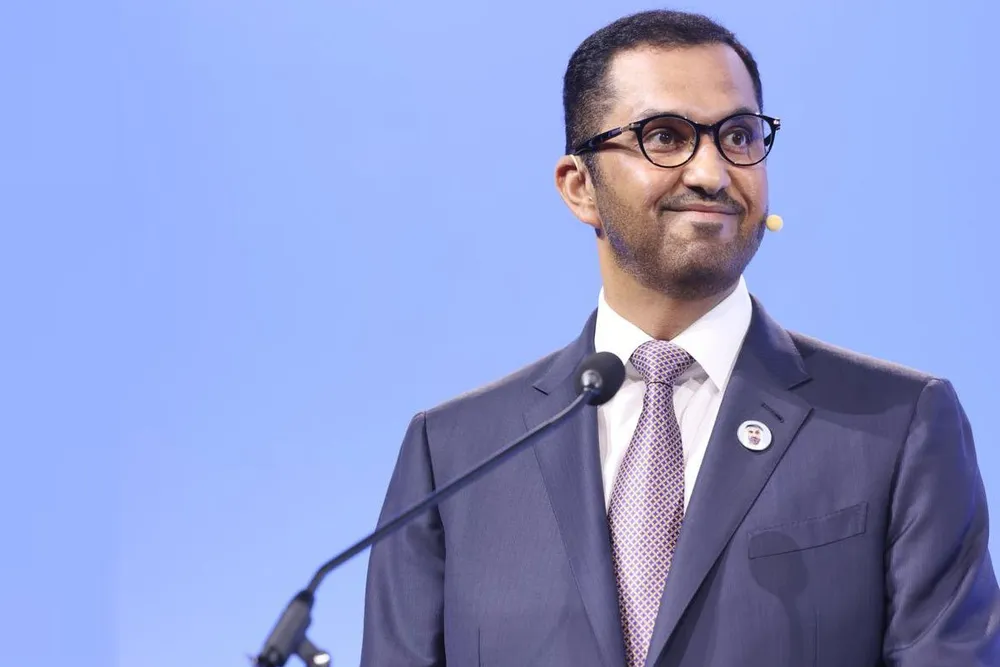Abu Dhabi effect gives Masdar 'extraordinary' edge for ratings giant that cut Orsted
S&P Global says 'integral ties' with Emirate's government reflected in robust credit rating despite challenges as it chases 100GW renewable energy goal

Financial ratings group S&P Global hailed the Abu Dhabi effect as it gave “unique” renewables giant Masdar a AA- credit rating.
The ratings agency said the long-term issuer rating with a stable outlook reflects the fact that Masdar can expect “extraordinary and ongoing” financial support from the Emirate’s government as it pursues its target to amass a 100GW renewables portfolio by 2030.
Masdar – whose formal name is Abu Dhabi Future Energy Company PJSC – is among the most ambitious and globetrotting green energy developers currently active.
As it assigned the debut rating S&P said Masdar’s “aggressive” investment appetite could bring execution risks and noted its high financial leverage.
However, “we think that Masdar has an extremely high likelihood of receiving timely and sufficient financial support from the government of Abu Dhabi. The group has the very important role of leading the emirate's renewable goals, and it benefits from having integral ties with the state government.”
S&P added: “The continuous support and the privileged access to low-cost financial resources thanks to its government links are a major differentiating factor when assessing the group's financial solidity and capacity to sustain high leverage.”
Despite the heightened leverage, Masdar, which issues green bonds, has managed to raise about AED10bn (2.7bn) so far in 2025, with a low coupon rate of about 5%.
The “symbiotic” relationship with Abu Dhabi was worth six notches of upgrade on the standalone rating if Masdar’s position was considered in isolation, said S&P.
Masdar – which is jointly owned by Abu Dhabi's sovereign wealth fund and its state energy giants Adnoc and Taqa – had a 33GW gross capacity covering projects in operation, construction or committed, according to figures in S&P’s note.
“Different from its rated peers, Masdar does not carry operations in-house, but rather adopts an investor approach, outsourcing operating and construction risk to third-party contractors,” the ratings agency added.
The S&P downgrade of Orsted, which is 50.1% owned by the Danish state, was seen as a surprise by some analysts. It came as the group admitted problems in part-divesting its Sunrise Wind project in the US but despite a plan to raise up to $9.4bn from shareholders to shore up its finances.
(Copyright)